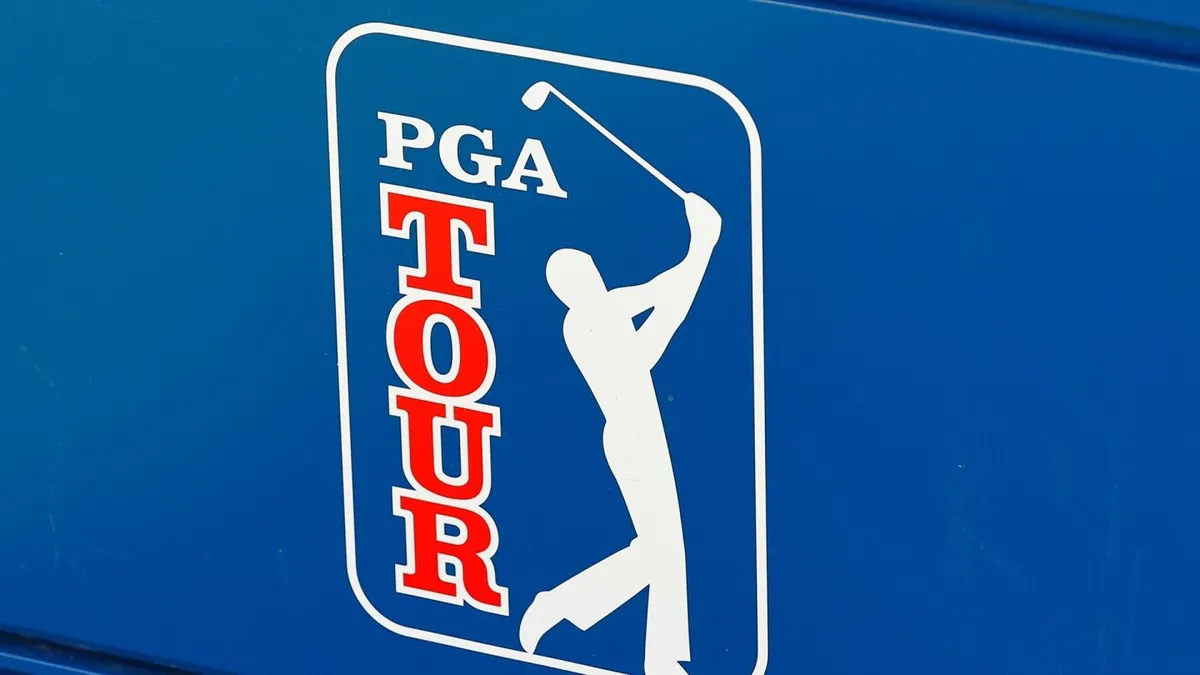
ATLANTA – The PGA Tour has unveiled its 2026 schedule, featuring 38 events that raise eyebrows but offer few surprises. The established majors will continue to hold their significant status, while the elite signature events will again dominate the competitive landscape. However, this leaves non-signature tournaments and many players grappling for relevance in a crowded schedule.
Notably, the return of Trump National Doral to the lineup has sparked curiosity, particularly considering its recent role as a venue for the LIV Golf series. Despite this addition, the overall schedule bears a striking resemblance to the current year's version, which may not be perceived as a positive development by all stakeholders.
The expansion to nine signature events, highlighted by the inclusion of the Miami Championship, seemed an inevitable step due to the success of these limited-field, high-stakes tournaments. However, the Doral addition only exacerbates an already congested schedule, akin to the notorious traffic on Interstate 20 during rush hour.
Next spring, a particularly busy six-week stretch will feature two majors—the Masters and the PGA Championship—alongside three signature events: the RBC Heritage, the Miami Championship, and the Truist Championship. This creates an overwhelming number of "can't-miss" events that could strain even the most seasoned players.
Players who did not finish among the top 50 in FedExCup points this year will face significant challenges in 2026. From April to early June, they will encounter a demanding nine-week stretch that includes only four full-field tournaments. This includes the Zurich Classic, a unique two-man team event, and an opposite-field tournament that offers less than half the FedExCup points awarded at signature events.
As the Tour approaches the Florida swing, another tight schedule looms. The Cognizant Classic, framed by two signature events—the AT&T Pebble Beach Pro-Am and the Genesis Invitational—will be sandwiched between the Arnold Palmer Invitational and The Players Championship, the Tour's flagship event. This poses significant scheduling conflicts for players aiming to participate in multiple top events.
The Tour's new CEO, Brian Rolapp, is set to address the media at the Tour Championship. He likely understands the difficulty of satisfying all players, and it's evident that the upcoming schedule may not resonate well with either the elite stars or the journeyman players. Justin Thomas expressed his concerns, stating, “If there’s a particular golf course or something where I don’t feel I can play well... I have a hard time going.”
The addition of Doral as a signature event has intensified worries about "load management" among top players. This concern was further heightened when Rory McIlroy opted to skip the first playoff event in Memphis. Despite his previous indications that he would not return to TPC Southwind next year, his absence raised significant eyebrows within the golf community.
McIlroy articulated the luxury of being a PGA Tour player, stating, “I’ll always choose the schedule that best fits me.” This autonomy allows players to navigate their schedules, but it also raises questions about future participation in signature events. There are rumors that the Tour may consider making attendance in all signature events mandatory for eligibility in the Tour Championship, a move that could be unpopular among top players.
While players generally support the concept of limited-field, lucrative events, they are often critical of the demanding scheduling that requires five starts in six weeks. This has led to legitimate concerns over load management in professional golf. Initially, when the Tour introduced signature events, there was an effort to incentivize participation through bonuses from the Player Impact Program, but this approach yielded mixed results.
In conclusion, rather than devising ways to mandate participation in key events, the PGA Tour may find greater success by focusing on creating a more balanced and player-friendly schedule that accommodates both elite competitors and those striving for relevance in the sport.